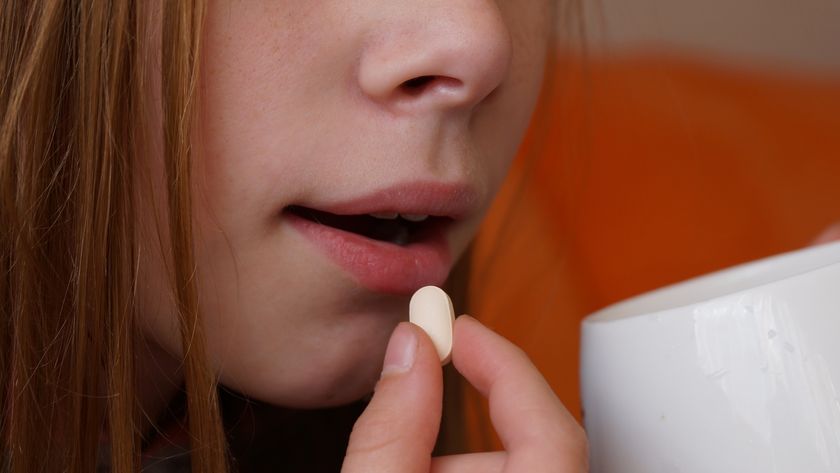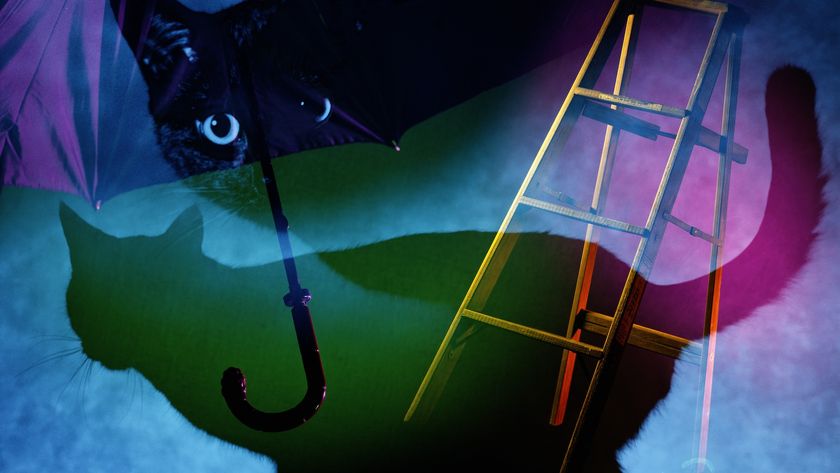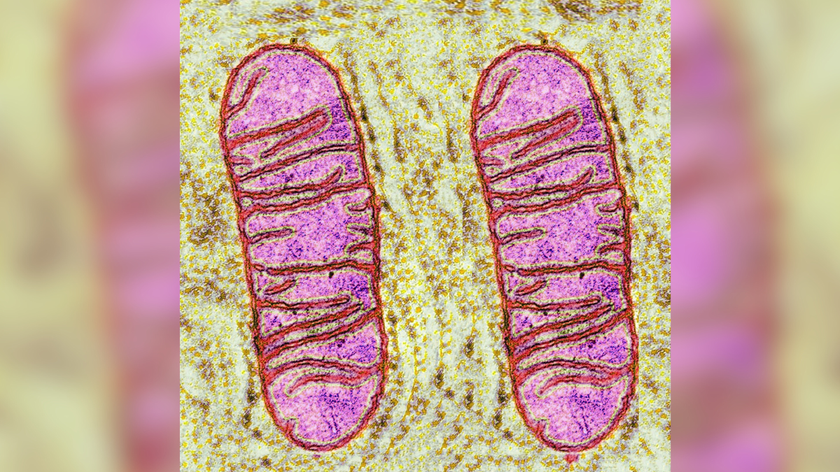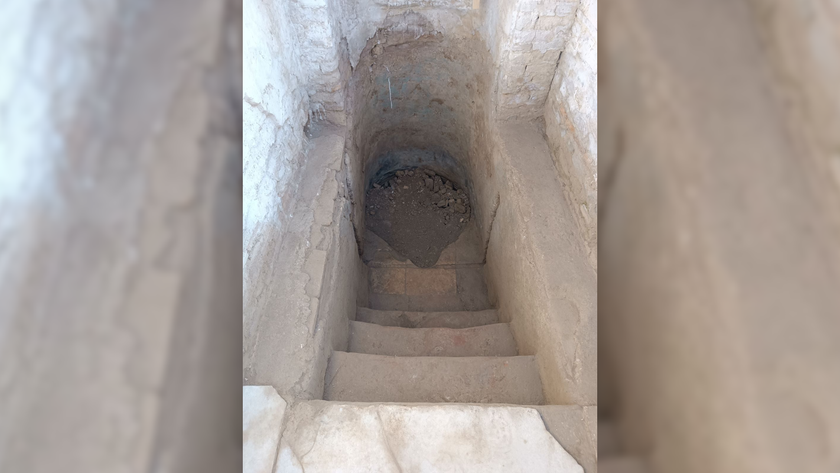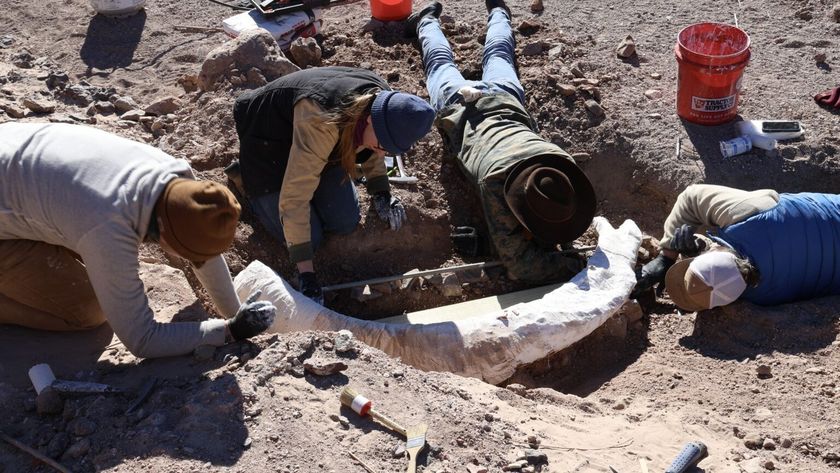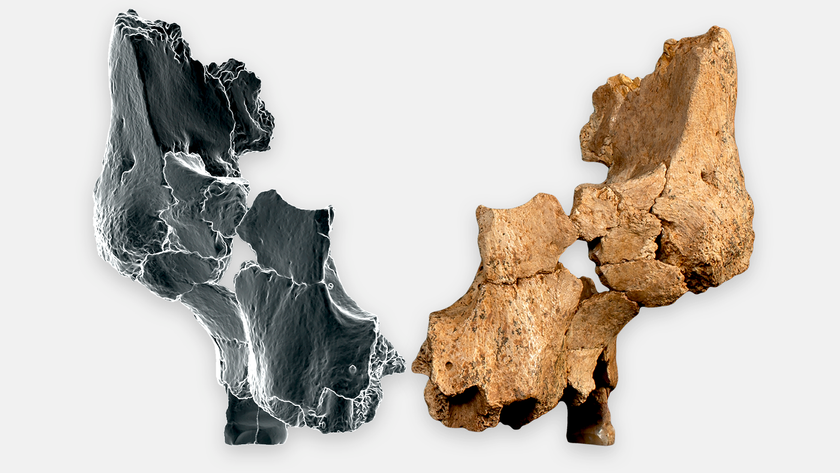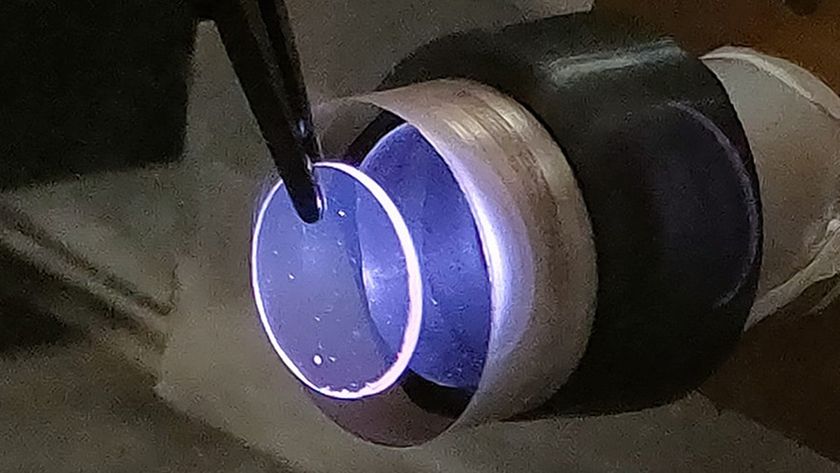Narcissists' Overconfidence May Hide Low Self-Esteem

Narcissists may seem to love themselves, but a new study finds that narcissistic self-aggrandizement may hide deep feelings of inferiority.
According to the new research, people who are narcissistic are likely to tell psychologists that they feel good about themselves. But when the psychologists trick these narcissists into thinking they're hooked up to a working lie-detector test, the truth comes out and the narcissists admit to lower self-esteem.
"This suggests that individuals with high levels of narcissism may be inflating their self-esteem," study researcher Erin Myers, a psychologist at Western Carolina University, told LiveScience. "In other words, narcissistic individuals may not really believe they are as great as they claim to be."
The whole truth
Although narcissism is possibly best known as narcissistic personality disorder, an extreme, life-disrupting form of self-love, the trait appears in varying degrees in psychologically healthy people. People who are higher in the narcissistic trait profess to a grandiose self-appreciation, but studies had turned up mixed results as to whether these positive feelings are genuine or a façade. [Top 10 Controversial Psychiatric Disorders]
To find out, Myers and her colleagues had to use a little bit of deception. They recruited 71 undergraduate women from the University of Southern Mississippi and asked them to fill out questionnaires designed to rate their self-esteem and narcissism.
Later, the students went to Myers' lab, where they filled out more psychological evaluations and then were told that they'd be hooked up to lie-detector equipment so that the psychologists could tell if they were telling the truth. The students were then asked to agree or disagree with statements such as, "I take a positive attitude toward myself."
Sign up for the Live Science daily newsletter now
Get the world’s most fascinating discoveries delivered straight to your inbox.
"I played the role of the researcher and always wore a white lab coat," Myers said. "We even went so far as to apply skin conductance paste when hooking participants up to the equipment. We wanted to make the situation as believable as possible."
All of the students were hooked up to the equipment, but some were told that it was only for training purposes and that the "lie detector" would be turned off before the study started. Others went through the entire procedure believing that they were being monitored for truthfulness.
Maintaining a facade
The results revealed an interesting schism: For women who scored low in narcissism, being "monitored" by the lie detector made no difference in their reported self-esteem. But women with high narcissism reported more love of themselves when they thought the lie-detecting machine was off. When they believed that the researchers knew if they were telling the truth, their self-esteem responses were significantly lower.
The findings suggest that narcissists are covering for a deep-seated sense of inferiority, Myers said, though the researchers aren't yet sure whether this façade is for themselves or for the benefit of others.
"Narcissists may be trying to bolster their own feelings of self-worth by claiming to like themselves," Myers said. "Another possibility is that narcissists may be trying to influence the way that others perceive them. It may also be some combination of both."
The researchers will report their work in an upcoming issue of the Journal of Research in Personality.
You can follow LiveScience senior writer Stephanie Pappas on Twitter @sipappas. Follow LiveScience for the latest in science news and discoveries on Twitter @livescience and on Facebook.

Stephanie Pappas is a contributing writer for Live Science, covering topics ranging from geoscience to archaeology to the human brain and behavior. She was previously a senior writer for Live Science but is now a freelancer based in Denver, Colorado, and regularly contributes to Scientific American and The Monitor, the monthly magazine of the American Psychological Association. Stephanie received a bachelor's degree in psychology from the University of South Carolina and a graduate certificate in science communication from the University of California, Santa Cruz.
